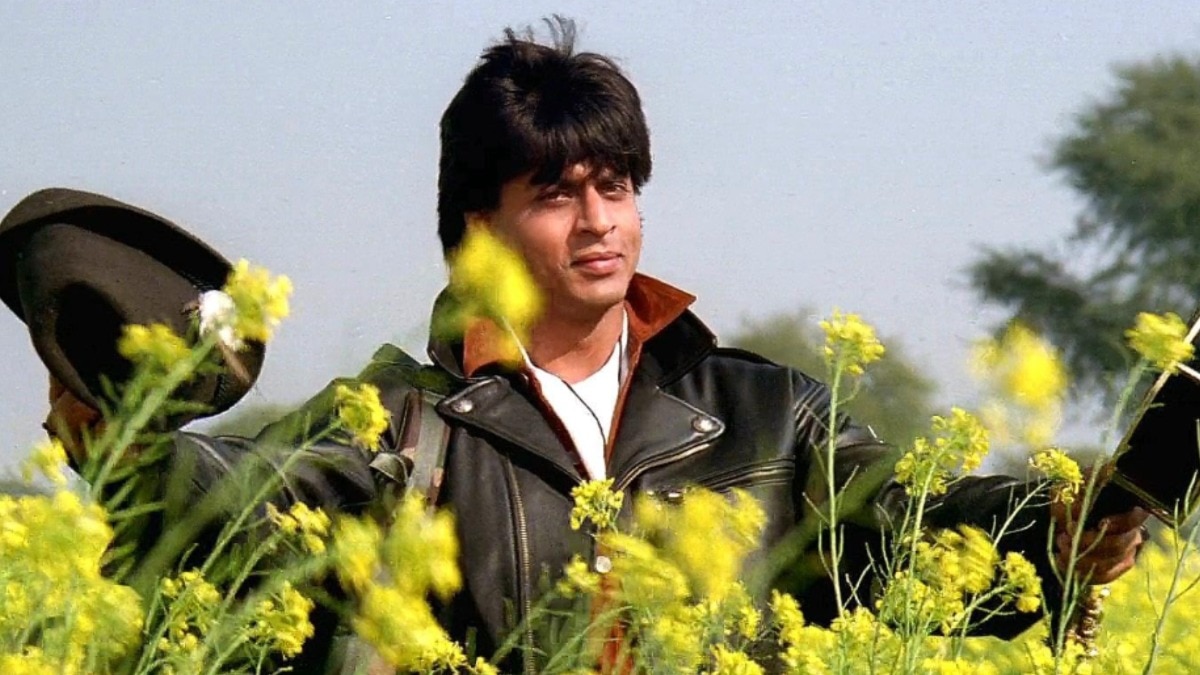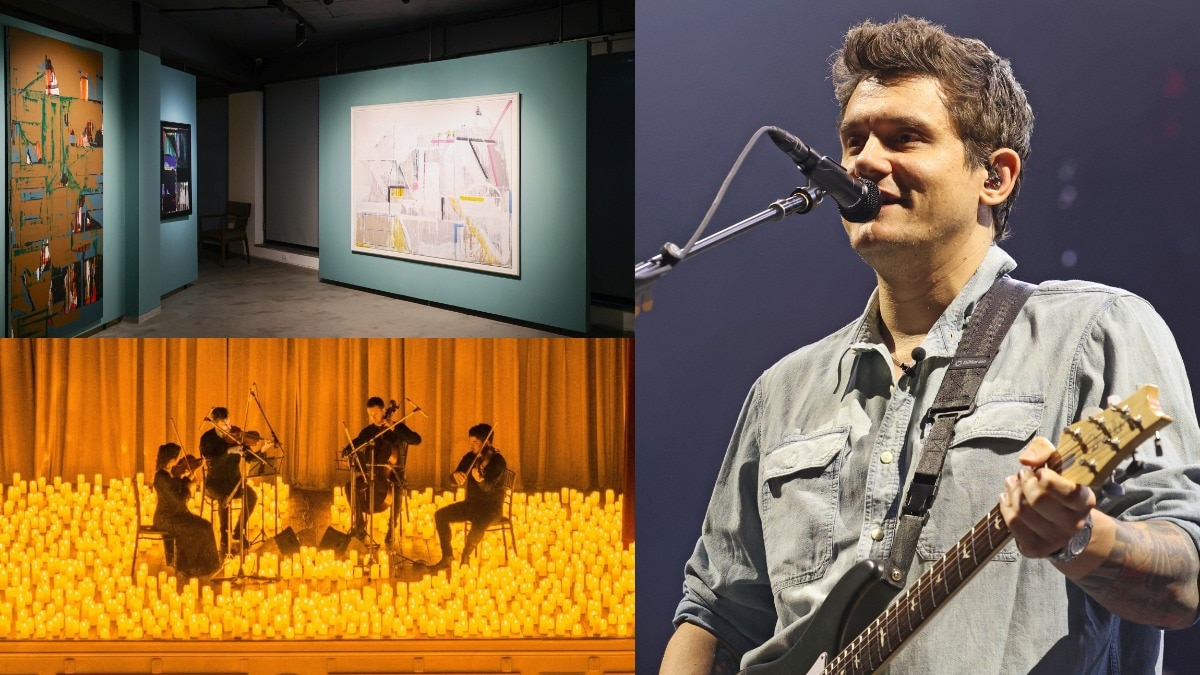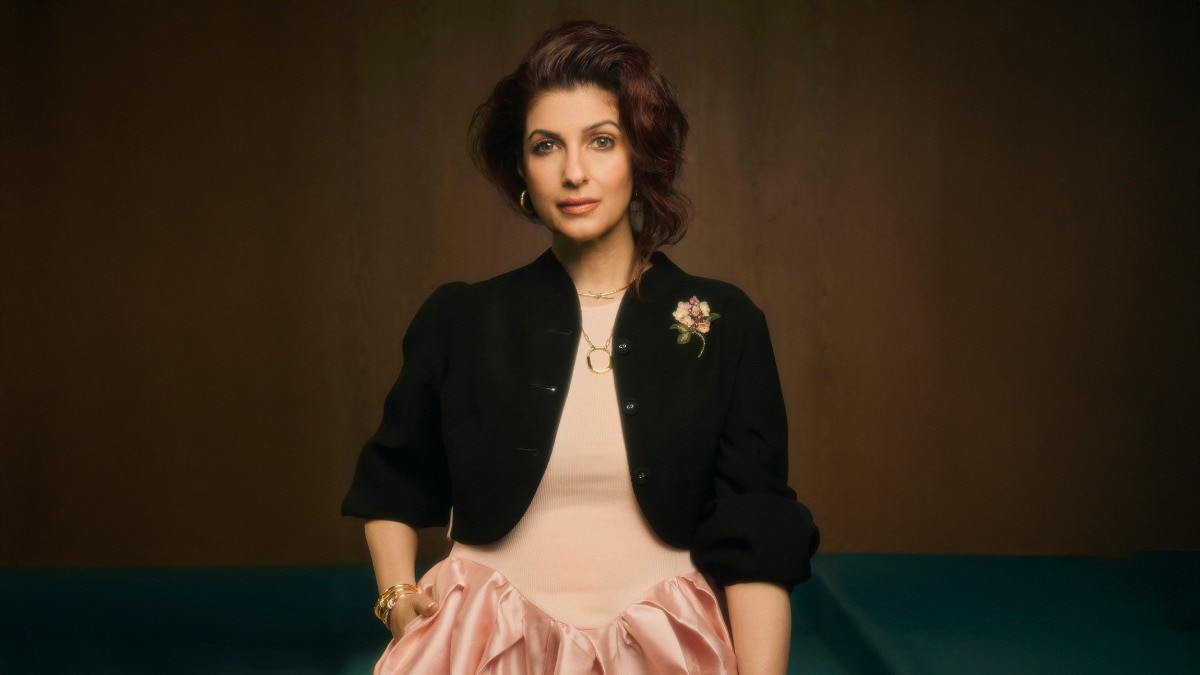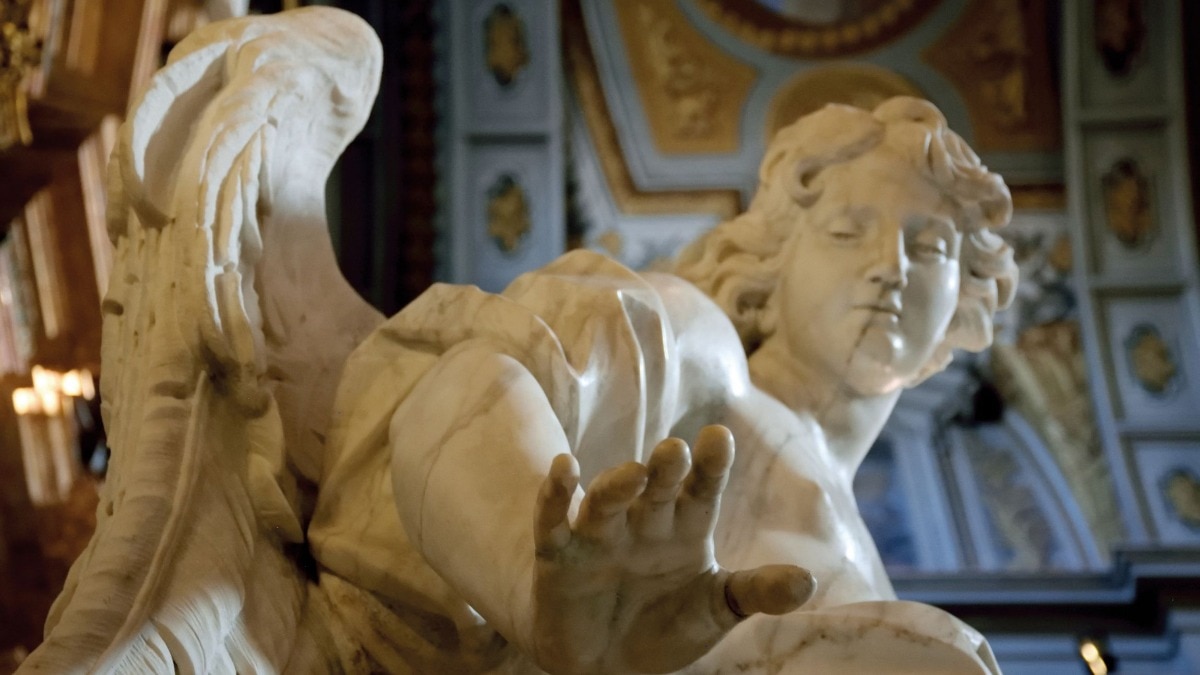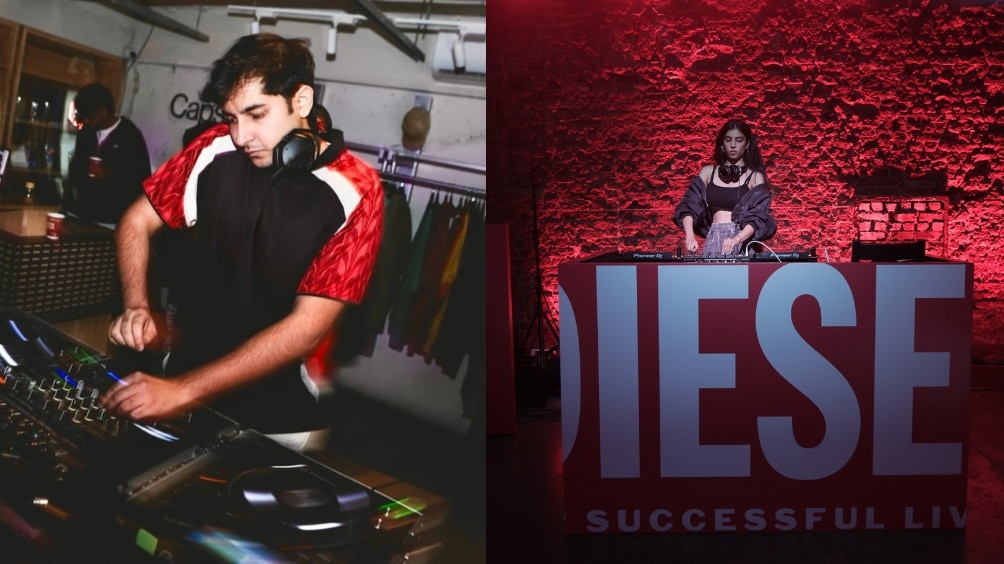
Zubin Mehta, the Maestro, gets candid about his early life, his deep connection with India, and association with NCPA
From a childhood immersed in music to a career defined by excellence, Zubin Mehta has been conducting a million dreams for over 60 years. From his early days in Mumbai to commanding the world’s greatest orchestras, the legendary conductor reflects on his journey, discipline, and unwavering love for music.


There is an indefatigable and irrepressible spirit in Zubin Mehta. The octogenarian orchestrator have defined the world of Western classical music for more than six decades. Born in 1936 into a household suffused with Western classical music, he moved toVienna when he was barely an adult to train as a conductor, and soon found himself commanding some of the greatest orchestras in the world. His is a story of passion, precision, and an unyielding dedication to music.
But ask Mehta about it, and he would wholeheartedly attribute his success to the guidance and influence of his father, Mehli Mehta—a violinist and the founder of the Bombay Symphony Orchestra—and his teachers. Mehta acknowledges that his foundation in music was laid at home, where rigorous training and an irrefutable commitment to excellence were the norms. In many ways, his journey is as much a tribute to his own talent as it is to the legacy of his father.“I heard music in my home every day from about eight in the morning,” he recalls. Mehta says he was “destined to be a musician”—a realisation that dawned on him during his college days. At the Vienna Academy of Music, Mehta studied under Hans Swarowsky, a legendary teacher who instilled in him a deep understanding of orchestral scores.“He was a very strict teacher,” Mehta recalls. “He taught us formal analysis of scores from Handel to Bach to Beethoven.” Swarowsky’s rigorous training gave Mehta the foundation he needed to navigate and master the vast landscape of Western classical music.
The conductor’s career trajectory has been meteoric. By 25, he became the music director of the Montreal Symphony Orchestra (1961–1967). His talent caught the attention of the world’s leading orchestras. Over the decades, Mehta has led some of the world’s most prestigious orchestras, including the New York Philharmonic, the Los Angeles Philharmonic, and the Israel Philharmonic Orchestra (IPO), where he served as Music Director for Life. Under his baton, the IPO flourished, performing in conflict zones and promoting peace through music. Mehta’s gift for memorising entire symphonies, anticipating every musician’s move, and immersing himself fully in the music made him a phenomenon. His art is characterised by an emotional intensity that captivates both musicians and audiences alike. In 1999 he conducted Gustav Mahler’s Resurrection at the Buchenwald concentration camp which went on to become a career defining moment. Mehta chose the same symphony when he took his final bow in 2019, after a 50-year stint with the Israel Philharmonic Orchestra. With the overarching theme of beauty of afterlife, the five- movement symphony talks about the significance of joyous times and hope for an eternal regeneration.

For Mehta, conducting is not just about keeping time— it is about understanding the composer’s message with utmost sincerity. When asked how he balances the tradition of classical music while making it accessible to new audiences, he responds with characteristic clarity: “Our earnestness and our honesty towards the work is transmitted to the audience.” He believes that if the conductor and musicians are deeply engaged with the music, the audience, regardless of background, will respond to it. His deep respect for music extends to his approach to different composers. He does not believe in imposing his own interpretation but rather in remaining faithful to the composer’s intent. “Some music is very emotional. One must surrender to the composer’s wishes,” he explains. It is this philosophy that has allowed him to navigate the works of composers spanning centuries, from Bach to Beethoven to contemporary masters.
Despite his global career, Mehta has always maintained a deep connection with India. He has returned frequently to perform, bringing some of the world’s finest orchestras to Indian audiences. “I’ve been coming to India with foreign orchestras since 1967, and the audience has always been very appreciative,” he says. He acknowledges that while the technical knowledge of Western classical music in India might not be widespread, the enthusiasm and appreciation for it have always been present. His association with the National Centre for the Performing Arts (NCPA) in Mumbai has strengthened over the years. Last year, he conducted concerts with the Symphony Orchestra of India, and the experience left him deeply impressed.“I did some difficult programmes last year, and they played them brilliantly,” he recalls. Encouraged by the high standards of the orchestra, he readily agreed to return this year.Mehta’s legacy is not just limited to the concerts he has conducted or the orchestras he has led. It is in the thousands of musicians he has inspired, the audiences he has moved, and the deep, unwavering love for music that he continues to embody.
Even in his late 80s, Mehta is relentless. His advice to aspiring conductors is simple but profound. He emphasises on the importance of discipline and dedication, acknowledging that the path is not easy but is immensely rewarding. “They have to acquire immense knowledge. There’s an enormous amount of study involved. Hopefully, they will have good teachers like I did,” he concludes.
Lead Image: Zubin Mehta
This piece originally appeared in the January-February 2025 print edition of Harper's Bazaar India
Also read: Tune in—how podcasts are building communities in India
Also read: Fancy a grown-up gap year? Why the sabbatical is back in fashion


